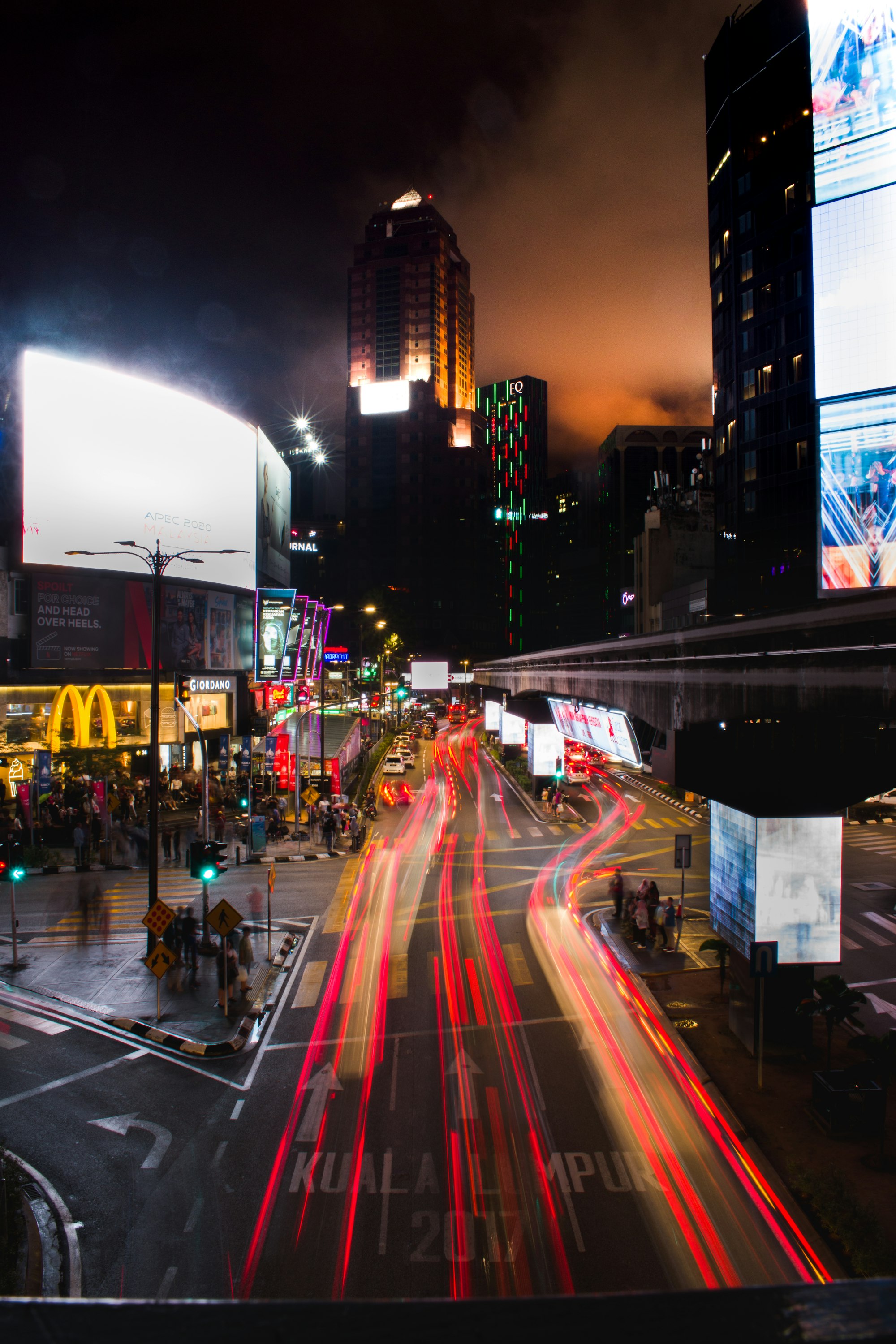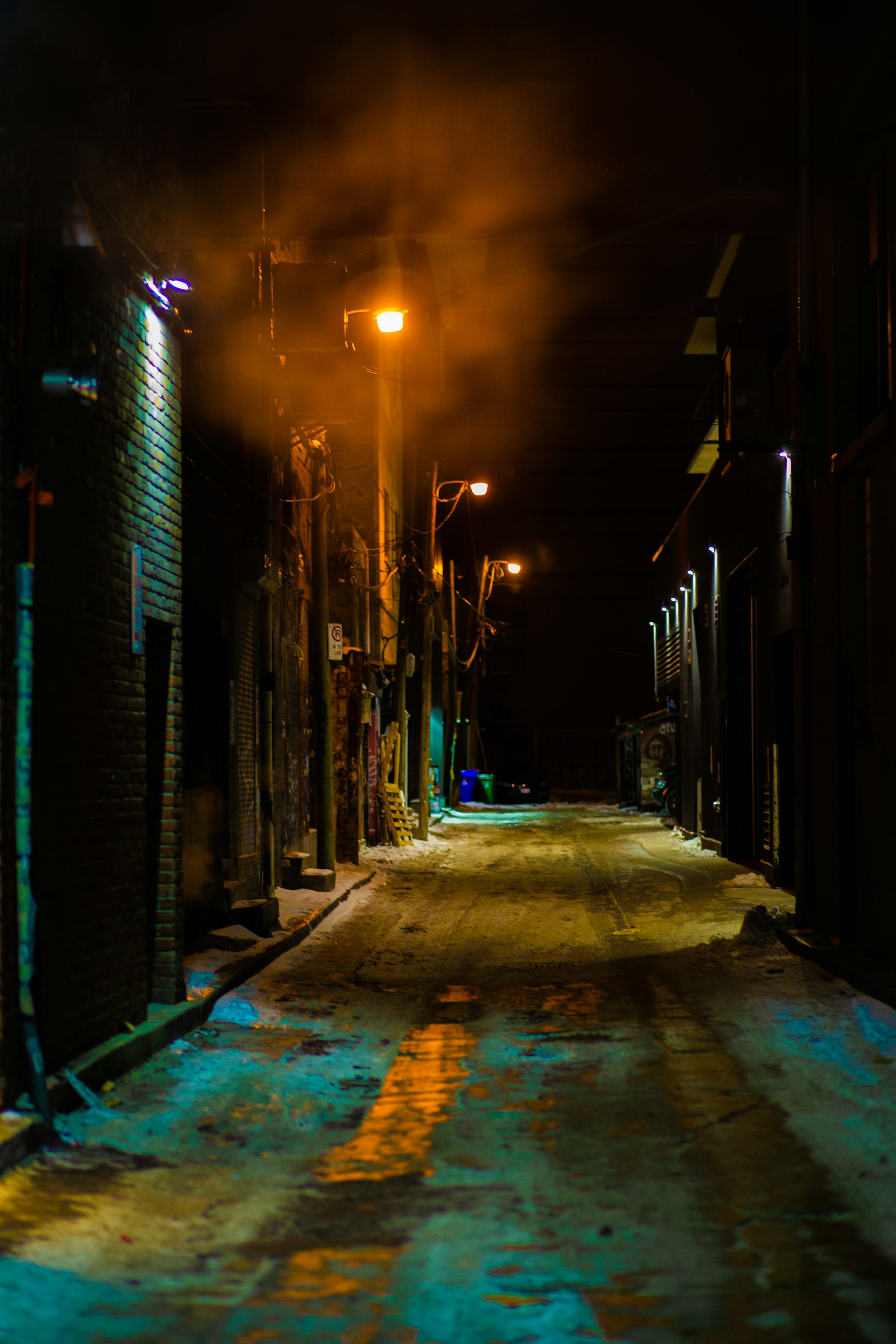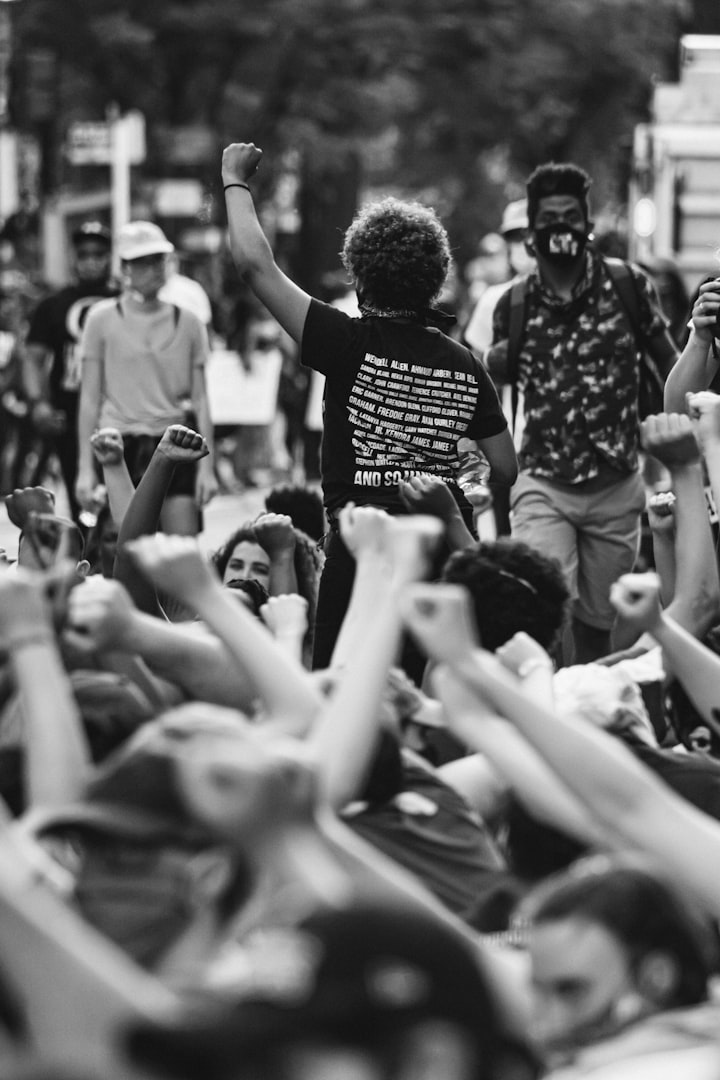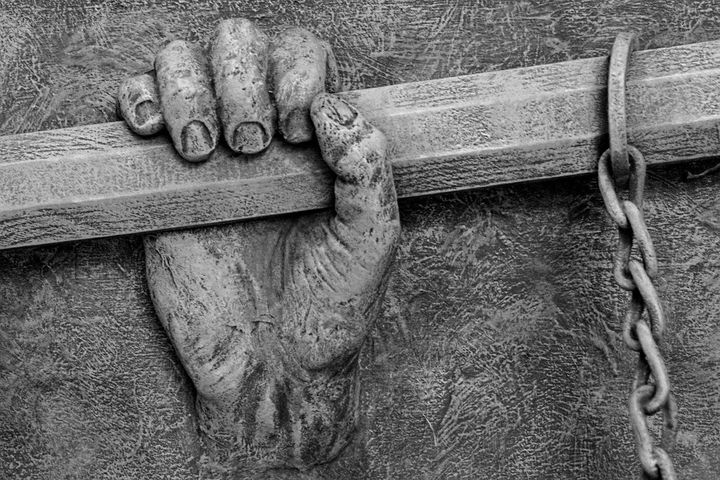Justice: Hamilton and Ta-Nehisi Coates's "'Hood"
How do we hold our neighbors accountable? What is the role of the police?

If you asked me, I’d say I could drive pretty well. The same goes for my family too. Stop at the stop sign, check the mirrors before merging, signal a turn; you know, all the stuff you’re supposed to do.
Here in the US, I’ve never gotten a ticket and never gotten pulled over, the same with the rest of my family too. Overseas? Different story. Living as an expat in a community where people speak, look, and act differently from you, you stand apart. Even when you see people on motorbikes swerving in gridlock traffic or watch cars hop curbs as they narrowly dodge each other to make an illegal turn, they’re never the ones who get pulled over. Instead, we get a ticket or have to pay a bribe to an indifferent officer who pulls us over solely because we’re different.
Police are supposed to be a force for good, no? They keep us all safe, they watch our houses and neighborhoods and keep crime off the streets. On paper, it’s ideal: everyone is safer, bad people go away, and the world keeps spinning around. Yet our reality isn’t like that: justice flies askew, the wrong people get punished, sent away, and the rest of us are left scratching our heads and trying to figure out what happened.
Between the World and Me, written by Ta-Nehisi Coates, grapples with that reality, and emphasizes the many forms that “justice” might take. He continually states that those in power sicken and disgust him and that without any accountability for their actions, no real justice can be put into place. Take the murder of Prince Jones: he simply was walking out of his car and into his house, when out of nowhere a police officer stalking him from Prince George's County shot him and killed him. The police are supposed to enforce the law, yet upon making a blatant mistake and committing offenses of their own, they aren’t forced to be accountable for their actions. Such was the case with Prince Jones: the officer who killed him was let off the hook for his mistake, and let off scot-free.
The distance that exists between those in power and the general public is something Coates points to as the root of the problem. Lack of accountability breeds a pattern of disproportionate arrest records, innocent people being thrown behind bars, and bodies of people who committed no wrongdoings being buried in the ground. Without a deep connection between those in power and the people they are supposed to protect, the officers that run around wielding guns, nightsticks, and tasers are free to do as they want, and have no qualms about making mistakes. They feel no burden of responsibility to help the very people they swore to protect.
Coates goes on to state that the only true way of holding people accountable is through a community of people all on equal footing. He uses “the ‘Hood” as an example of this: in a place where everyone knows everyone else if someone was to steal something or kill someone, the rest of the community would know and would act accordingly. This communal justice lies differs from police justice: it breeds accountability because the entire community knows what happened and can hold the perpetrator accountable.
This is hardly a perfect system, though. Even though it keeps everyone accountable for their actions, it also can lead to a cycle of escalating violence that tears everything apart. Think of it as an “eye for eye” mentality: You hurt me, I hurt you, we’re even. However, grudges and general dissent for others can build, and the result is people uphold a dangerous standard of violence.

Hamilton, composed by Lin-Manuel Miranda, echoes this approach as well. Dueling takes center stage (literally) numerous times throughout the production. Coming as a result of a personal disagreement or quarrel, Hamilton explains both the customs and practices associated with dueling and displays it as the ultimate way to settle a grudge. Dueling is functionally the most extreme version of Coates’ “street justice” idea: it allows people to settle a score without interference, and the winners and losers must then live with profound consequences.
Take the duel between Burr and Hamilton, for instance: Hamilton was killed, and Burr’s entire career as a politician and lawyer was ruined once the public found out what he did. This is street-level justice in action, yet the result is the death of one and the total ruin of the other. Though the method in which their longstanding dispute was fair, even, and even sophisticated by some standards, the result by which everything was settled was far from the best outcome that might have occurred.
So, if justice from the top down is flawed due to lack of accountability, and justice from the bottom up breeds unnecessary escalation, which is the right way to go about things? Personally, I would state that a combination of the two would breed the correct way to ensure conflicts and disputes are settled correctly. If there could be some way in which those police officers who exact the law integrate better into their communities so that they are held accountable, or if persons or new social norms could be established to prevent conflicts leading to violence, then justice could exist in a realm where people are solely held accountable by their community in a civil environment without bloodshed.
And while there will always be persecutors and victims, winners and losers, people dead and alive, maybe people might better receive the justice that they deserve. Or at least not get stopped in traffic overseas on the basis of being different. Either works for me.

